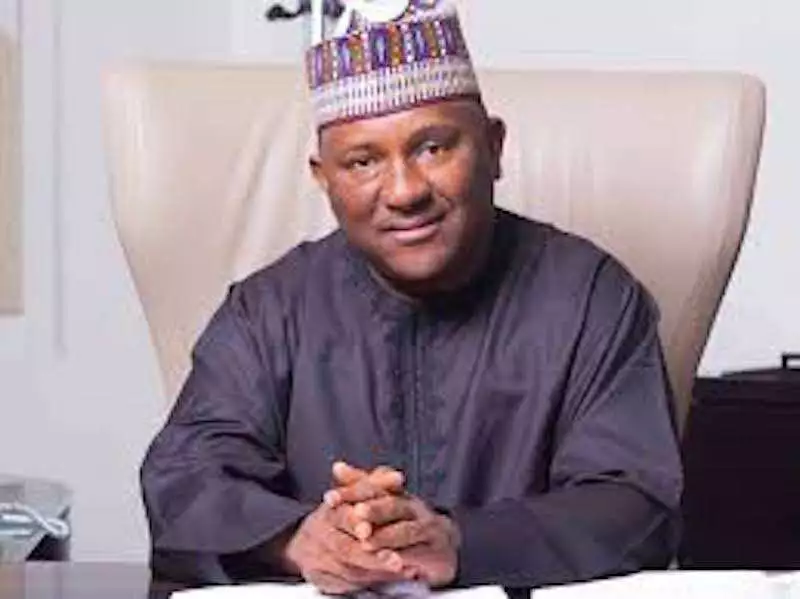Abdulsamad Rabiu, Chairman of BUA Group Speaks on Nigeria’s food crisis In the wake of the Russia-Ukraine War
High inflation, food insecurity, energy prices: What are you going to do to solve some of these issues?
Rabiu: Part of the problem is that we import 80% of what we consume. For example, Africa imported over 55 million tons of wheat last year, and wheat is one of the commodities that has really been hit hard in terms of high prices. Since the Ukrainian-Russian (conflict) started, we have seen a situation where the price (of wheat) got from $250 to almost $600 per ton. And you know Africa relies heavily on Russian and Ukrainian wheat.
So how is your input being affected?
Rabiu: If you import and the price is double, what do you do? You have to increase the prices. And a lot of people cannot really afford that. So we are seeing a decrease in terms of production, processing and consumption, and that is a big issue. That is why I keep saying that we have to look inwards, do as much as we can to add value to what we have. We have to increase (our) production for the food security of the continent.
You have been in the pasta business, for example. Why haven’t you already gotten into farming? I know wheat is difficult to grow.
Rabiu: Wheat is difficult to grow but we are also into sugar and we’re building the most advanced sugar plantation in Nigeria. It’s a 20,000-hectare, four-in-one, fully integrated sugar plantation with sugar mill, sugar refinery, ethanol and power plant. We decided to do that because we realized we were spending a lot of money to import raw sugar and that is something that could be easily planted and produced in Nigeria. Our inputs as far as raw sugar is concerned will come down drastically.
Now for the hard part, says Secretary General of African Continental Free Trade Area
Now for the hard part, says Secretary General of African Continental Free Trade Area
The African Continental Free Trade Area went live (in 2021). Have you seen a real impact on your business?
Rabiu: The free trade area is an amazing arrangement. We all need to come together to enjoy the benefits. Of course, we also have challenges as far as infrastructure is concerned, and for the agreement to succeed, you need to fix your infrastructure space, especially in areas like ports.
You still find that challenging?
Rabiu: I give you an example: it’s more expensive to ship goods from Nigeria to, say, Lomè (in Togo, West Africa) than from Nigeria to Brazil. And that’s because we have the vessels without the ports. So those issues are there and we need to fix our infrastructure.
CNN
Discover more from The Source
Subscribe to get the latest posts sent to your email.








